Annual Report 2018
Design & Creative Practice
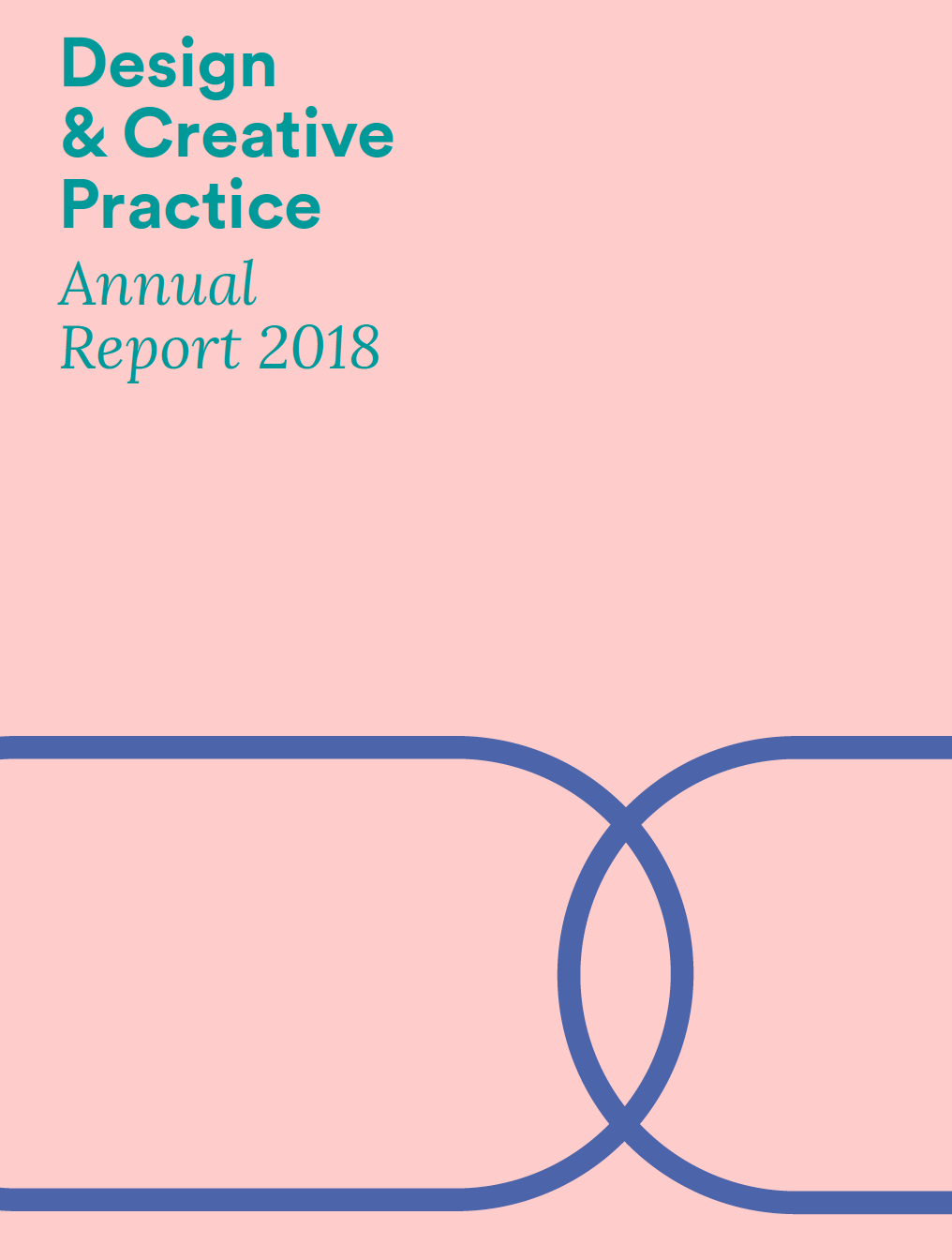
REPORT FORWARD:
2018 has been a busy and exciting year for building externally facing partnerships and collaboration — especially around digital health, technology and the community sector.
It began with the Engaging For Impact (EFI) 2018 conference in which we co-designed various workshops — including one with Telstra on the role of technology and Future of Care, another workshop on the social and creative dimensions of VR and AR with Oculus and yet another on One Good Death.
We have further fostered partnerships with key industry such as Telstra through a series of initiatives.
For example, we began what will be an annual initiative, a Design and Creative Practice Design Challenge. This year we collaborated with Telstra and RMIT Industry Engagement around the designing Digital Health solutions for Ageing Well.
We also launched the Impact Observatory — an online repository for all our CDF projects. The portal has two roles — one outward-facing to showcase all the fantastic research to industry, the other private-facing around collecting, curating and supporting research on its translational journey to impact. As we move towards the Engagement and Impact Agenda it is key for us to develop the support mechanisms for translational research.
We have begun development around designing for social futures through a series of initiatives internationally (in Japan and Spain). We collaborated with RMIT Europe around their Digital Health priority areas through a symposium and co-creative workshop. This collaboration fostered our new cross-platform (DCP, Social Change, and Biomedical and Health Innovation) partnership with the Melbourne Ageing Research Collaboration (MARC). In November we host a workshop with MARC on End of Life Care.
We also piloted a Distributed Leaders Group (DLG) as part of the collaborative ethos of the platform to ensure representation and agency across schools and disciplines. Our DLG consists of Dr Julienne van Loon, Prof Daniel Palmer, Dr Jaz Choi, Prof Esther Charlesworth and Prof Renata Kokanovic.
We thank you for your ongoing support and collaboration.
Larissa Hjorth
If you would like to get involved with this project, fill out the form below or reach out to project leaders via the contact info provided alongside each bio.
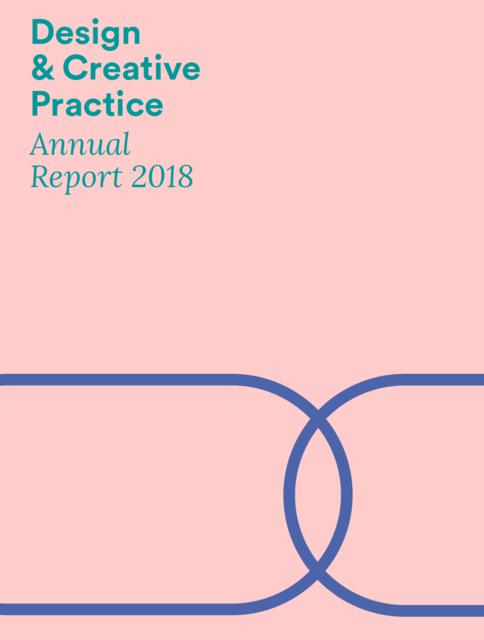

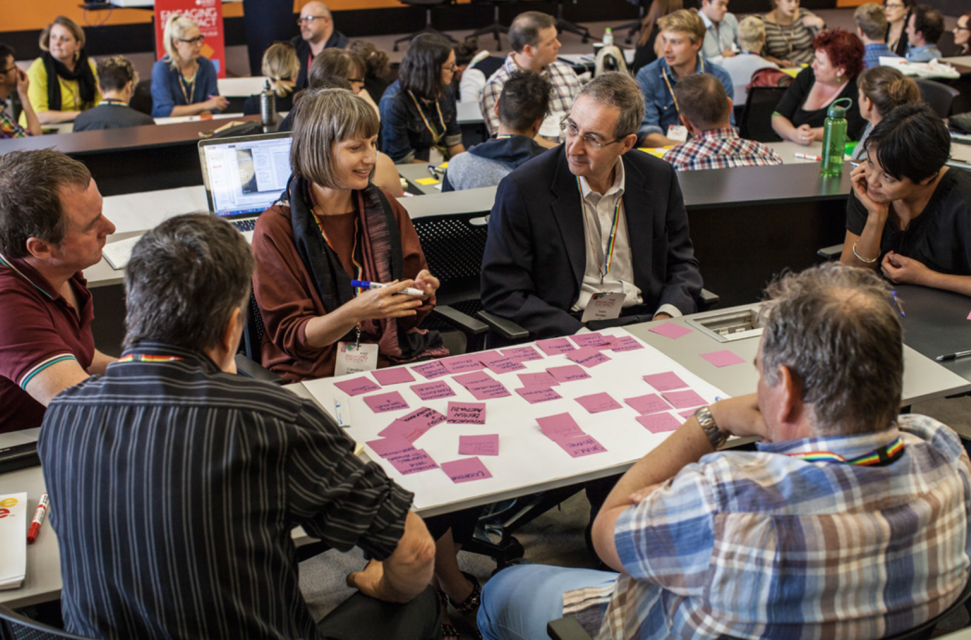
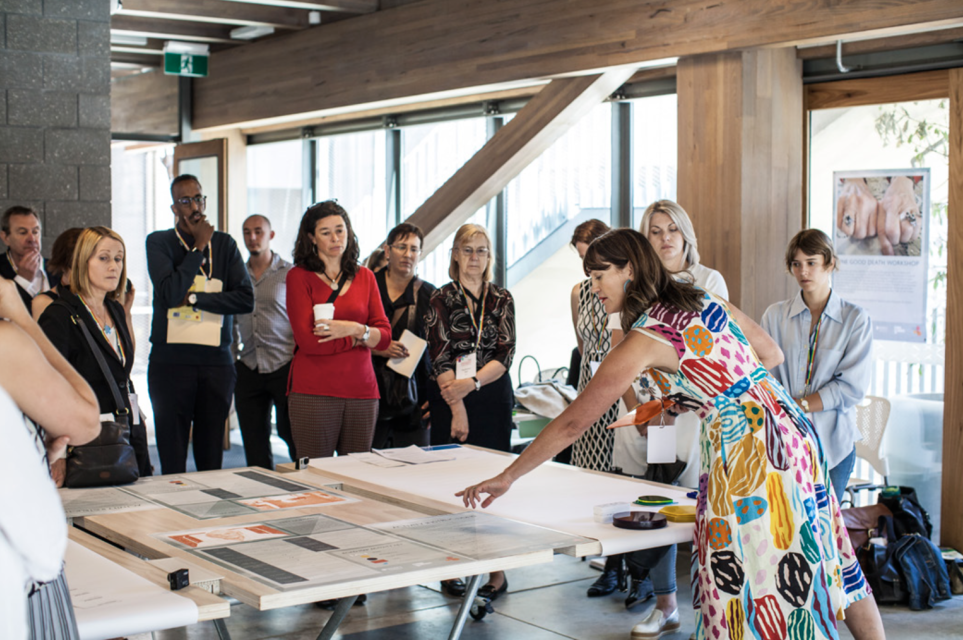
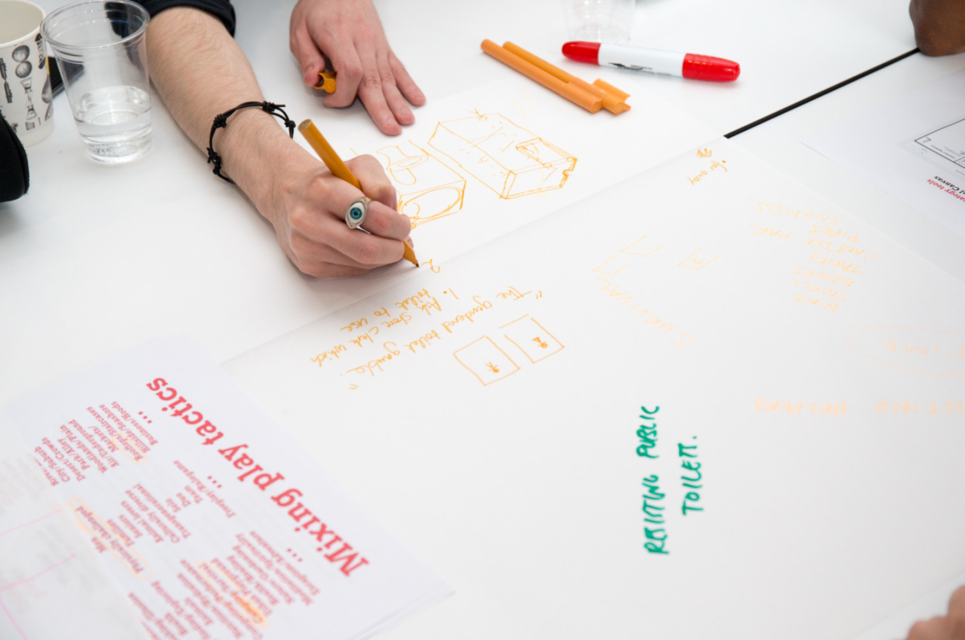
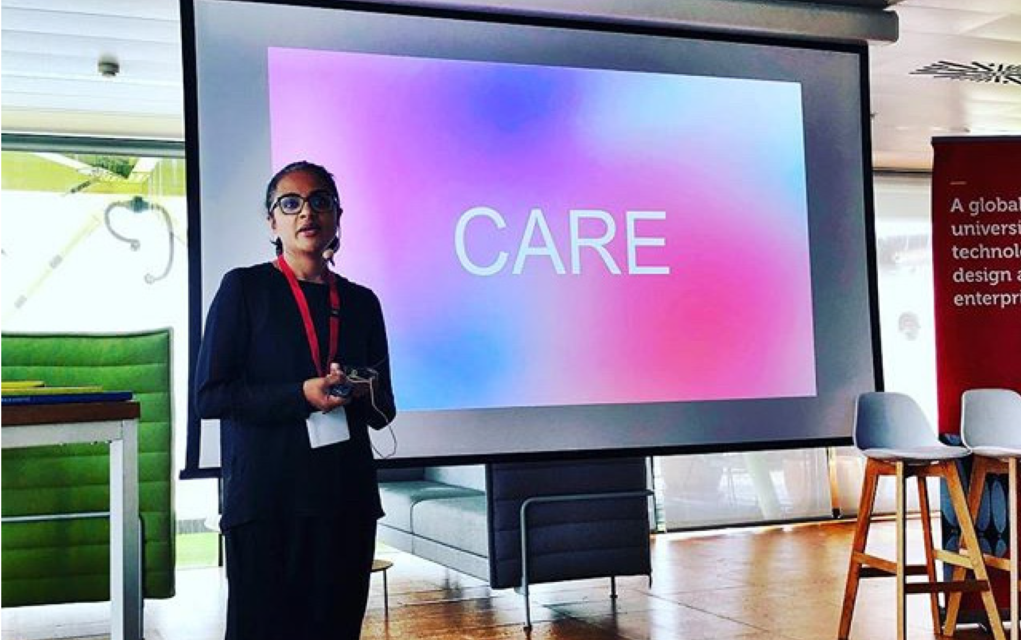
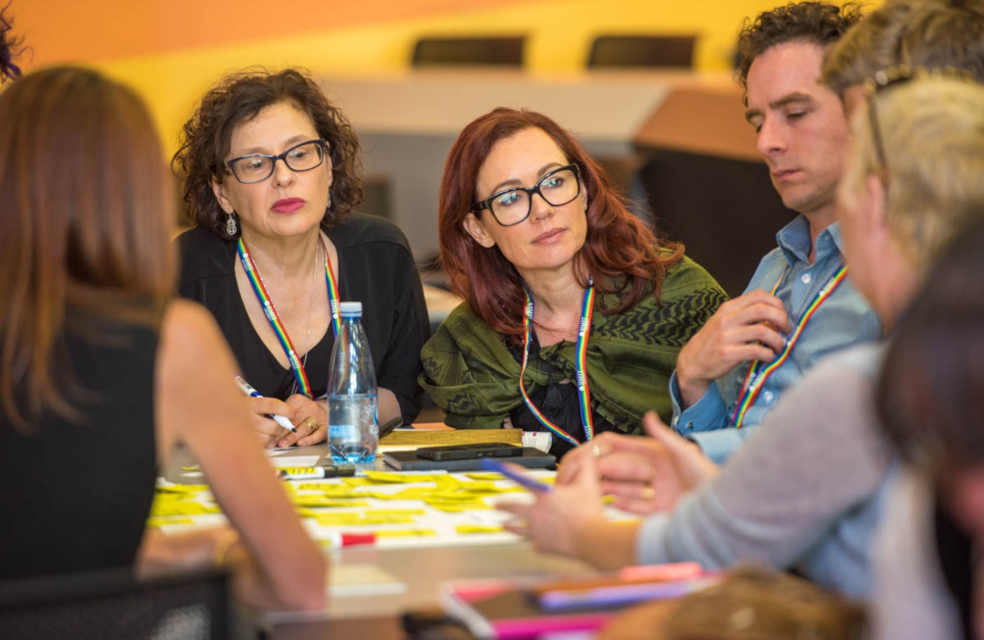
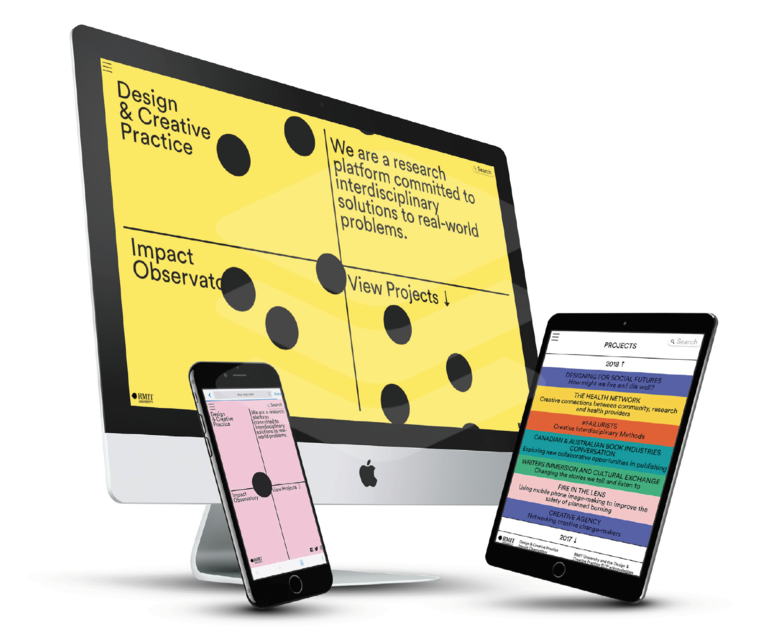
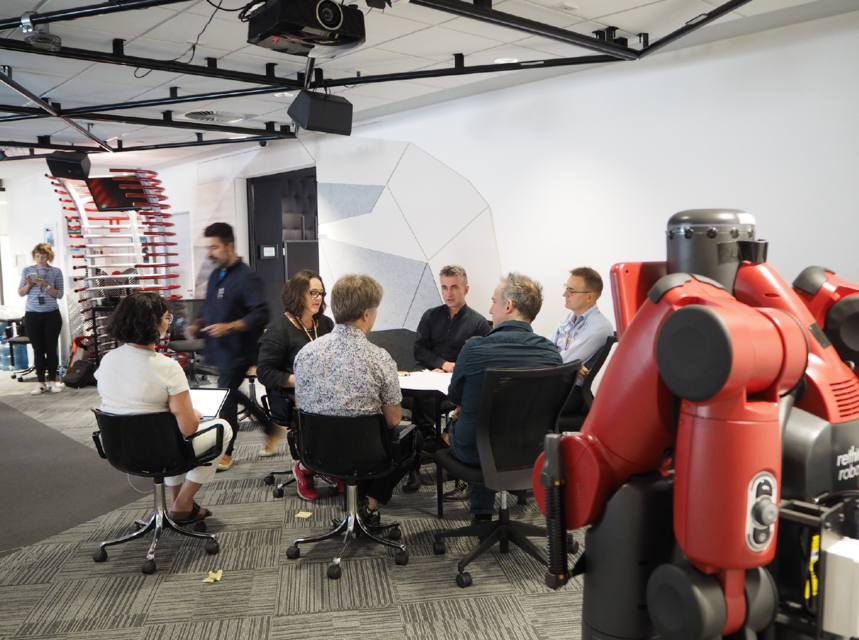
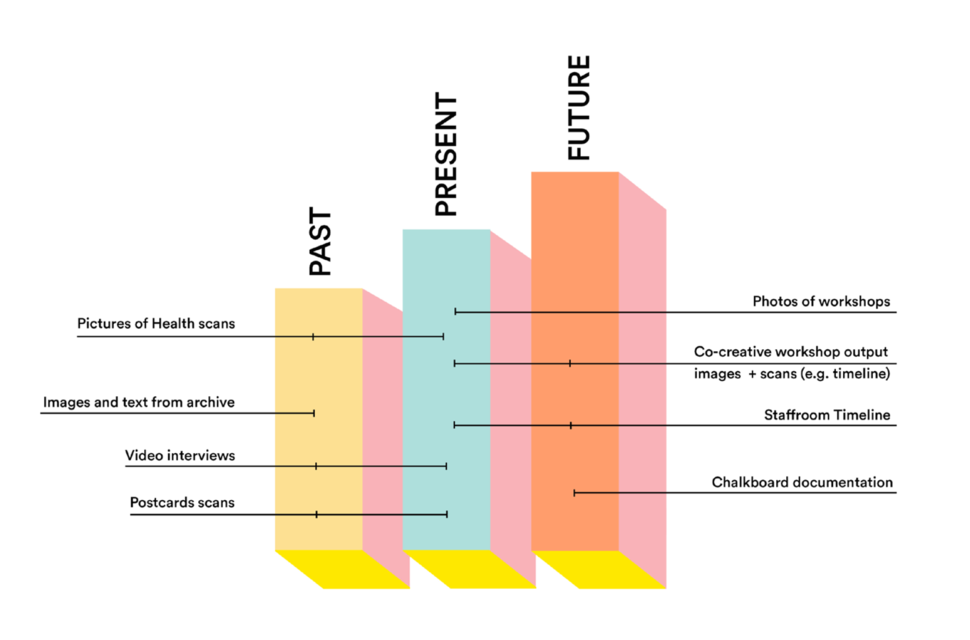
People
Larissa Hjorth
Distinguished Professor and Director, Design and Creative Practice
School: Enabling Capability Platforms
Larissa Hjorth is a digital ethnographer, artist, Distinguished Professor and director of the Design & Creative Practice ECP platform at RMIT University. With Professor Heather Horst, she co-founded the Digital Ethnography Research Centre (DERC). Previously, Hjorth was Deputy Dean, Research & Innovation, in the School of Media & Communication (2013−2016). Hjorth served on the inaugural Australian Research Council (ARC) Engagement & Impact Pilot study assessment panel for humanities and creative practice.
Hjorth studies the socio-cultural dimensions of mobile media and play practices in the Asia-Pacific region with an emphasis on interdisciplinary, collaborative and cross-cultural approaches. She has published a dozen co-authored books, edited over a dozen Handbooks/Companions and has over 40 journal articles.
More recently, Hjorth’s work has become concerned with how we can bring creative, social and design solutions to the growing ageing populations and, in turn, how we might consider scenarios of what it means to die well. She is also studying how our “more-than-human” companions can teach us about new media in everyday life. Hjorth’s last book, Haunting Hands (Oxford Uni Press) looked at how mobile media is being deployed in situations of grief and trauma, her previous book explored how art practice can teach us new acumen into the climate change debate.
Hjorth’s books include Haunting Hands (with Cumiskey 2017), Screen Ecologies (with Pink, Sharp & Williams 2016), Digital Ethnography (Pink et al. 2016) Mobile Media in the Asia-Pacific (2009), Games & Gaming (2010), Online@AsiaPacific (with Arnold 2013), Understanding Social Media (with Hinton 2013), and Gaming in Locative, Social and Mobile Media (with Richardson 2014).
